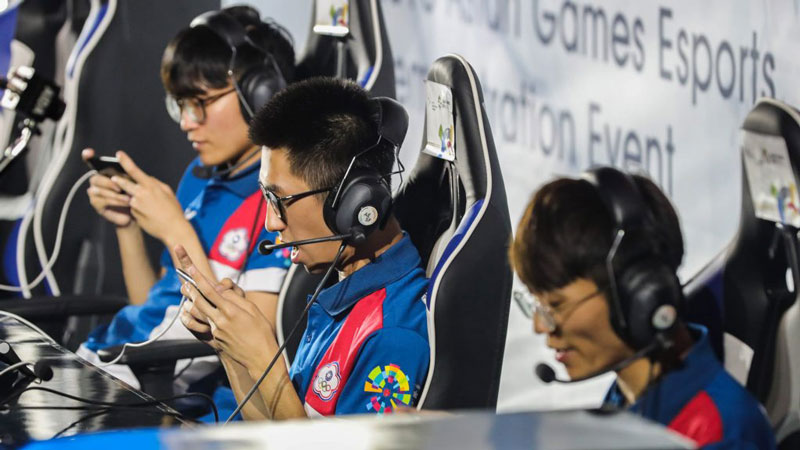The gaming industry has seen a significant shift in recent years as mobile gaming continues to grow in popularity. According to a report by Newzoo, mobile gaming is set to generate over $100 billion in revenue in 2021, accounting for more than half of the overall gaming market. This trend is not only changing the way we play games but also the way we view esports.
Esports, or competitive video gaming, has traditionally been dominated by PC and console gaming. However, with the rise of mobile gaming, mobile esports is becoming a major player in the industry. Mobile games like PUBG Mobile, Free Fire, and Call of Duty: Mobile have gained huge followings and are now being played competitively in tournaments around the world.
One of the biggest advantages of mobile esports is accessibility. Mobile devices are cheaper and more widely available than gaming consoles or high-end gaming PCs, making it easier for anyone to participate in esports. Mobile games also have a lower barrier to entry, with simpler game mechanics and shorter play sessions, making them more accessible to casual players.
The popularity of mobile esports is also driving innovation in the gaming industry. Developers are now focusing on creating mobile games specifically designed for competitive play, with features like real-time multiplayer, spectator modes, and in-game tournaments. This shift towards mobile esports is also attracting new investors, with major companies like Tencent, NetEase, and Activision Blizzard investing in the mobile gaming industry.
The rise of mobile esports is not without its challenges, however. One of the biggest hurdles is ensuring fair play, as cheating and hacking are more prevalent in mobile gaming due to the ease of accessing third-party apps and tools. There are also concerns about the potential negative effects of excessive mobile gaming on players’ mental health and well-being.
Despite these challenges, the rise of mobile esports represents a significant shift in the gaming industry. It offers a new way for players to engage with their favorite games and for developers to create new and innovative gaming experiences. As mobile gaming continues to grow in popularity, we can expect to see even more exciting developments in the world of mobile esports in the years to come.
One area of mobile esports that is particularly exciting is the potential for mobile gaming to bring esports to a wider audience. Traditional esports events are often held in large arenas or convention centers, with a limited number of seats available to spectators. With mobile esports, however, tournaments can be broadcasted online and accessed by anyone with a smartphone or tablet, making it possible for millions of people around the world to watch and participate in competitive gaming events.
This democratization of esports has the potential to bring esports to a much broader audience, breaking down barriers of geography, income, and access to technology. It also presents new opportunities for brands and advertisers looking to reach a younger, tech-savvy audience.
